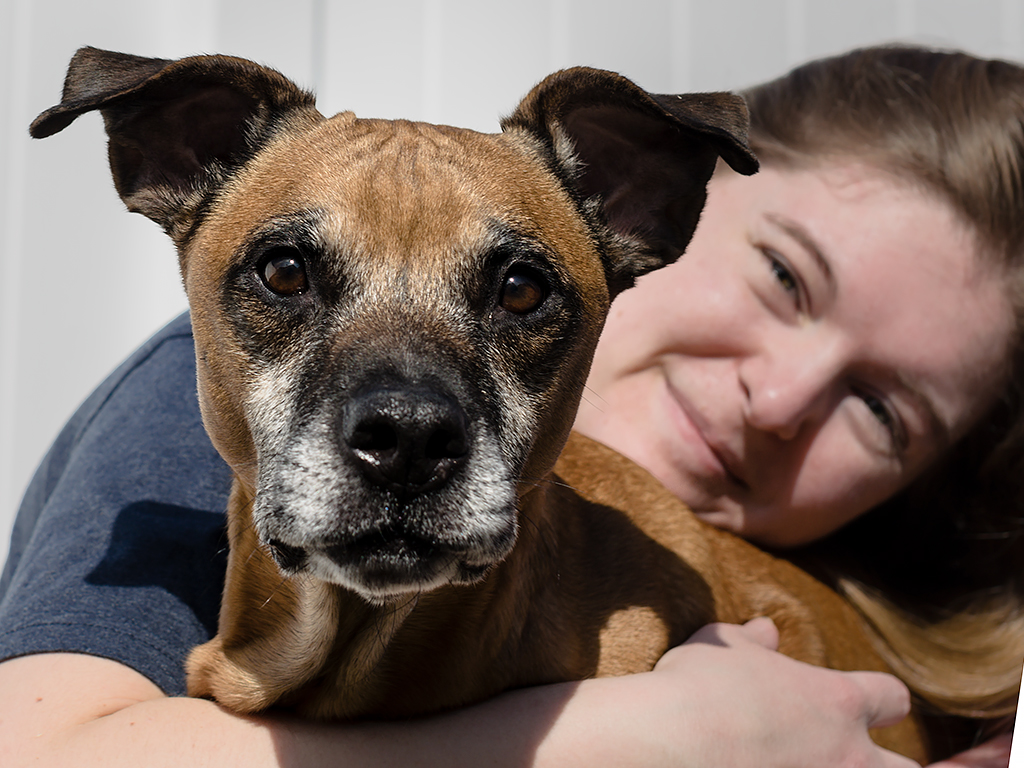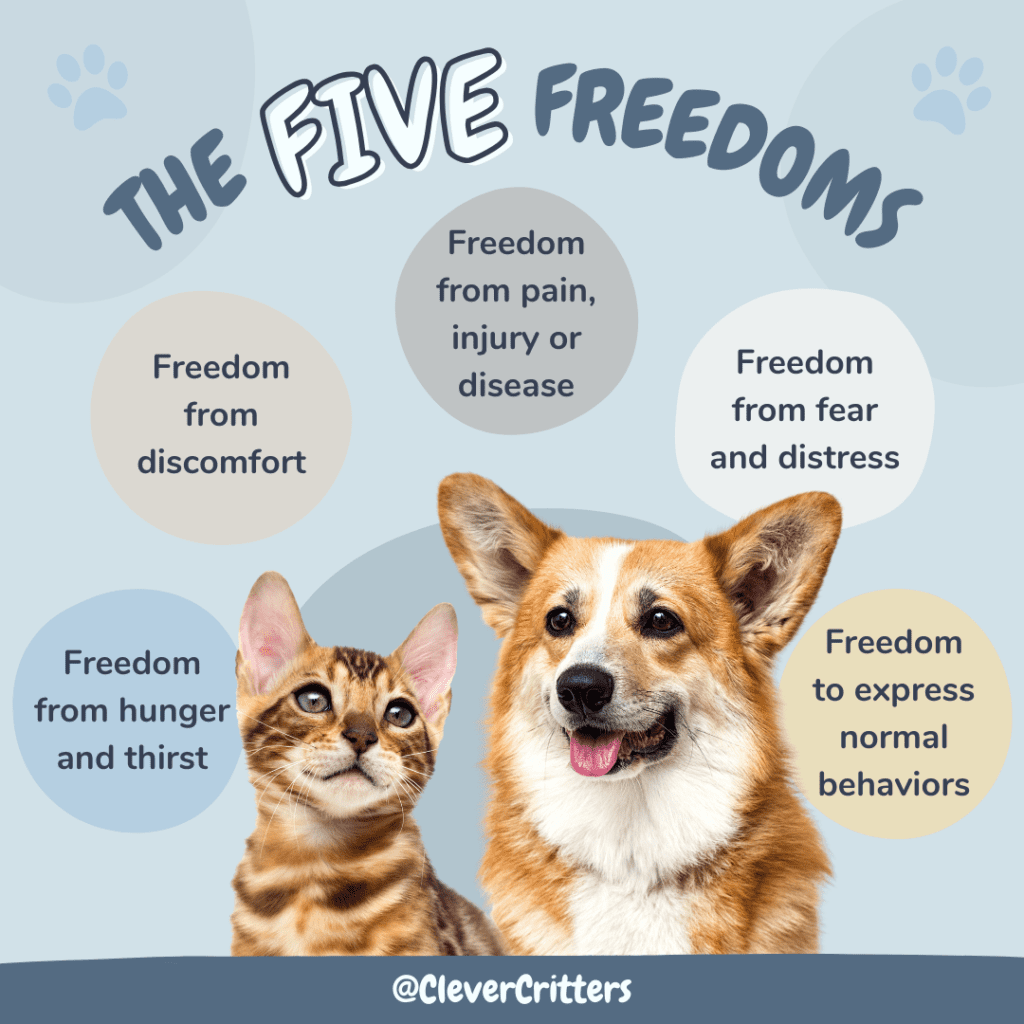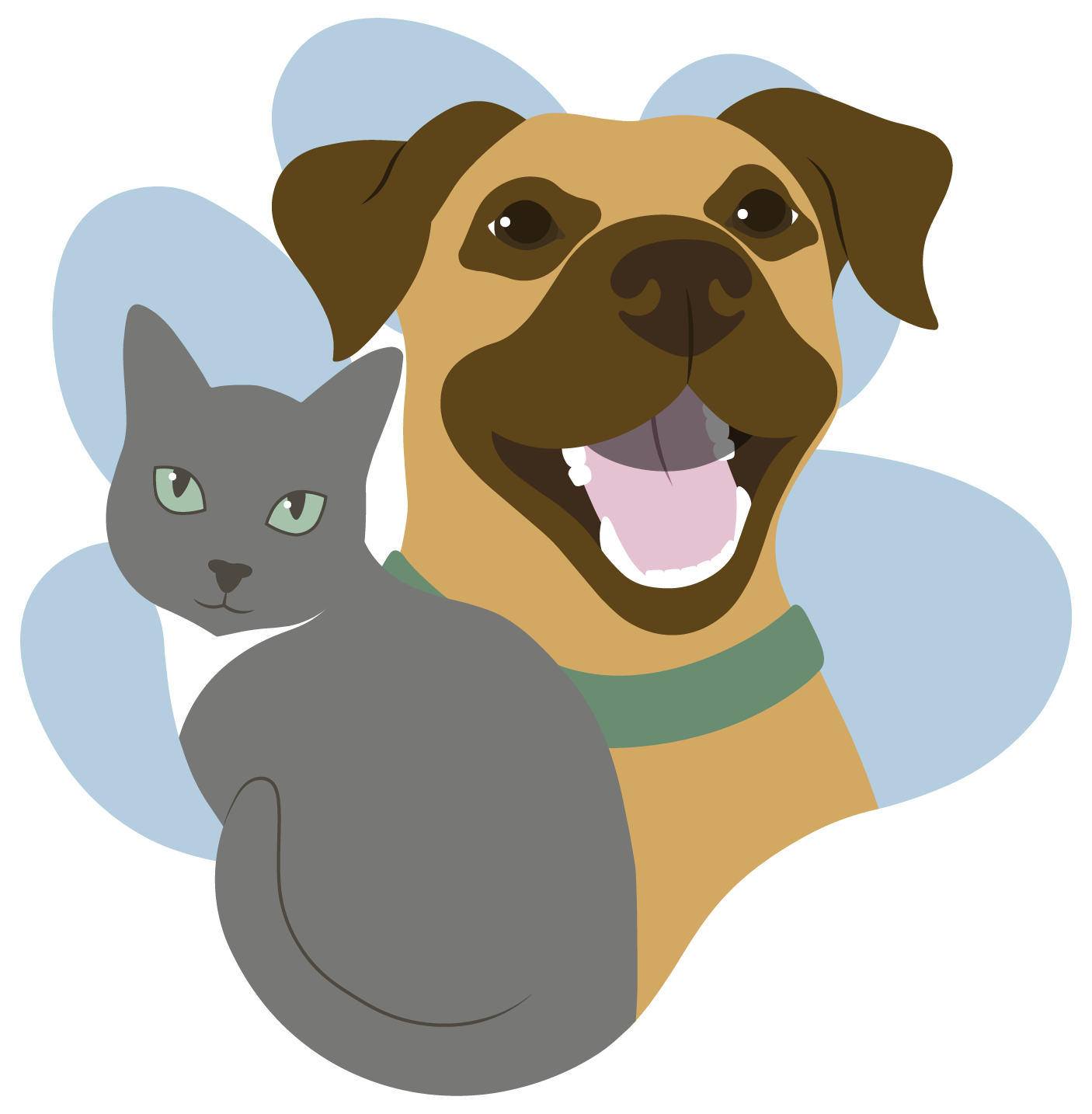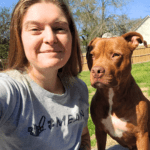The “Hard” Dogs
It feels fitting that I start our intro with “the ‘hard’ dogs”; I’ve had a few, worked with many, and loved one in particular that sent me down the path to my field of canine behavior consulting. If you’re reading this, you may feel you have a ”hard” dog too. I empathize with you and want you to know you are not alone.
What you may consider a “hard” dog is likely different than one that I may consider to be. Not because my dog is or was “worse”, but because everything is on a spectrum and is influenced by individual perception. For me, this idea of a “hard” dog means that in one form or another, there is a challenge for the caregiver and it is difficult to work through, manage, or overcome. It doesn’t even have to be the physical act of working through it. The mental energy that goes into being the guardian of a dog with challenges is quite a burden at times. I have two currently and I sometimes wonder why I knowingly put myself in this situation.
When we bring a new dog into our home, we often have this idea of what they will be like and what our lives will be like with them. Unfortunately, this doesn’t always work out the way we wish. Our dogs are all individuals, and just like us humans they have needs, wants, emotions, and thoughts. We cannot force a particular lifestyle on them any more than we can another human being. At least not without risks.
My first rescue dog, Wesley, was supposed to be an advocate for his breed because that’s what I wanted for him. I remember telling someone that I felt he could be a therapy dog because he was “so calm” at the shelter. This was the reason I adopted him. This was also before I knew anything about dog body language and learning. Looking back, knowing what I know now, there is no question in my mind he was shut down and stressed out. I just couldn’t see it then.
Fast forward a few months and I was struggling with so many behavior concerns he was exhibiting. I was clearly out of my depth. There were times I was angry or saddened that I didn’t have my dream dog. I wanted to help him, I just didn’t know how. We tried a lot of different things to work through his fears and anxieties. We got bad advice, which resulted in escalating his distress and behaviors, and we got good advice that guided me to better help him.
To say I learned a lot from Wesley is a massive understatement. He changed the course of my life. Even through the numerous challenges, we were learning together. It was a steep learning curve though, and it was HARD. I was also determined.

Living with a dog with challenges is not for everyone. Hell, it’s not for most people. That’s ok! Not every dog will fit in every home. The unfortunate reality though is that we are seeing more and more behavior concerns. There are a lot of reasons this could be. The population of dogs is ever-growing, but so is the human population, resulting in the human world becoming denser. We are constantly expecting so much from our dogs and want them to just naturally have the skills to navigate a human-centric world. A world not designed with them or their needs in mind. Misinformation abounds about dog behavior, how to train, and how to care for them. We are not setting our dogs up for success. We are also not setting ourselves up to succeed in supporting our dogs’ welfare.
We aren’t taught how to care for animals in school. There isn’t a requirement to sit through a course and learn how our dogs communicate, how they learn, or why they behave the ways they behave. To learn any of this you have to be a dedicated caregiver that wants to “go above and beyond”. Here’s the thing though… is it really “above” or “beyond” when it should be foundational to learn about how to meet your pet’s needs and how they communicate those needs?

Every dog needs the Five Basic Freedoms: freedom from hunger and thirst, from discomfort, from pain, injury, or disease, from fear and distress, and to express normal behaviors. More often than I care to say I find one or more of these lacking. It’s generally never because the the caregiver doesn’t have the best intentions, or isn’t trying. Again, I sought out education for bettering my dogs’ care because I felt I wasn’t doing enough and wasn’t happy with the answers I was finding on my own. Many people don’t go this far, or simply can’t. So what happens when they become the caregiver of a “hard” dog?
Many of my clients who graduate from my care express to me just how much they learned about their dogs and how much happier both they and their dogs are. Many, if not all of them would likely claim that to some degree they have a “hard” dog. Not every case results in the dream goals being achieved; however, every step they take in the direction of learning how to better support their dog proves that the more they understand the basic needs and communication of, the better off they and their dog are. And it shows!
What many observers don’t see is the struggle and the hard work each caregiver is going through to understand their individual dog. I want my clients to teach the learner that is in front of them. In doing so I see clients learn patience, emotional intelligence, critical thinking, and empathy while working with their “hard” dogs. Just like what I learned, and continue to practice daily, with my own “hard” dogs. Yes, there are still tough days that I wish I had passed on bringing the challenges home. There are also, more often than not, great days that I appreciate their personalities, quirks, and every little thing they continue to teach me about dogs, themselves, and my abilities.
There are many positives each individual may take away from being a caregiver for a “hard” dog. For me, I’ve learned just as much about myself as I have about how my dogs think and act. I’ve found community amongst like-minded and unique individuals. I have learned how and why to better care for my own emotional health. My patience improves with each “hard” dog I bring into my home. I recognize all these amazing benefits and I thank my dogs every day for what they each teach me. I never asked for a “hard” dog, but I’ve gained so much from each one.
Sydney is a certified canine behavior consultant and dog trainer with a bachelor’s of science in psychology. She is the owner and lead behavior care consultant of Clever Critters, LLC in Hampton Roads, Virginia. She and her team offer in-person and virtual services dedicated to the physical and behavioral wellness and humane training of pets and their caregivers.



